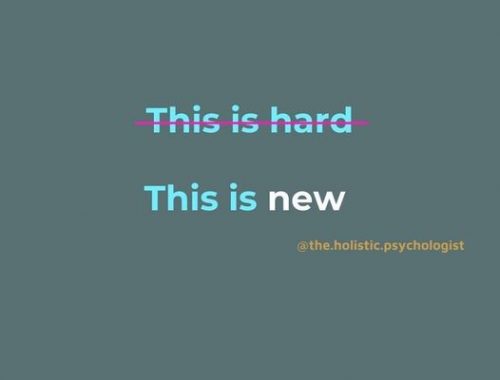Citizen data science – how it is changing communications.
It’s National Science Week. Many of you working in scientific organisations will be busy tweeting, running events and looking for other ways to hook into this popular date in the calendar. I wanted to take this opportunity look at one way science and technology is changing communications – citizen data science.
The term coined by Gartner, is referred to as “a person who creates or generates models that use advanced diagnostic analytics or predictive and prescriptive capabilities, but whose primary job function is outside the field of statistics and analytics”.
The idea here is that tools and technology have advanced to a place where anyone within an organisation can use them to perform analytics tasks that would previously have required the expertise of a highly-skilled data scientist.
There will be citizen data scientists out there who are using algorithms to explore existing data and investigating what artificial intelligence will be able to deliver into the future. Gartner-followers would have read about the amazing new developments in statistical forecasting techniques, predictive analytics capabilities and convergence of data discovery. While interesting that is all a little beyond me.
What I love about this concept is it shows how technology is changing our profession. All professional communicators are becoming citizen data scientists. Consider Google Analytics, Facebook Insights, services like Hootsuite or Meltwater and data visualisation techniques (who doesn’t love a good infographic). Readily available tools which are allowing data to be available for us to analyse our channels and audiences, or to share organisational data. We don’t need to have expertise in data analysis to gain insights. Data that was once expensive and time consuming to gather is now available to us every day.
“Central to citizen data science are rapidly progressing tools that streamline data preparation, provide strong user guidance and often automate various modelling and pattern-detection steps on the users behalf.” Gartner.
Gartner outlines that citizen data scientists are expected to have “a deep knowledge of the business, the opportunities and challenges their organisation faces”. You mean communications teams? That’s right, the best people to take on this role in an organisation are those that see all facets of the business and are exposed to the organisations data regularly. They are the people who are passionate about telling their organisations story.
This is terrifying for some communicators. I think “but I hate numbers” is the mantra of most communications professionals. Too bad, this is quickly becoming part of our core business. Data is the future and it is time to embrace it. We no longer need to rely on technical expertise to get the basic data we need. The good news is these tools are becoming easier to use and extract the right data from. There are also lots of great training tools online if you aren’t familiar with them.
This is what National #Scienceweek is all about, learning about new concepts and ideas!
Citizen data science is happening now and will continue to become more sophisticated in the coming decade. With a shortage of experts in data analytics more and more tools will be created. As communicators it is important to keep an eye on the horizon, so we can be prepared!


